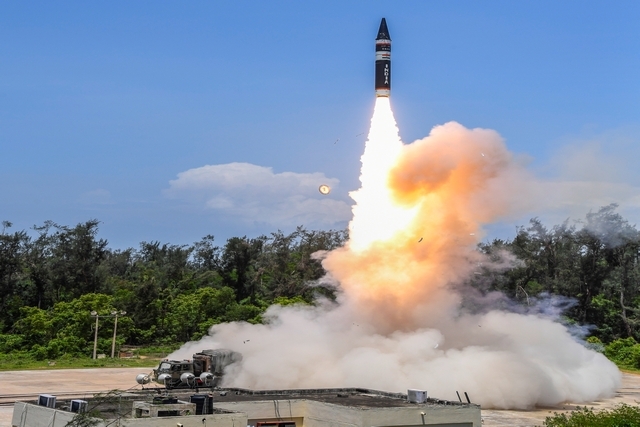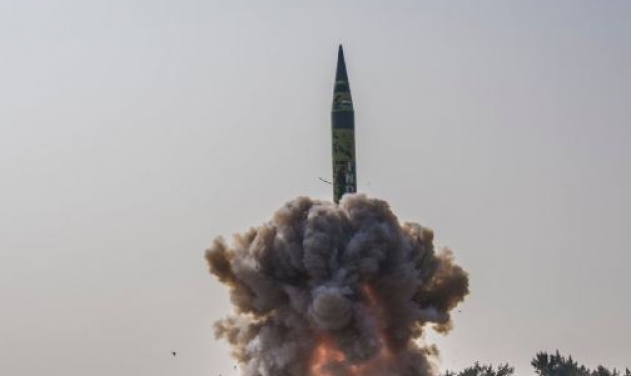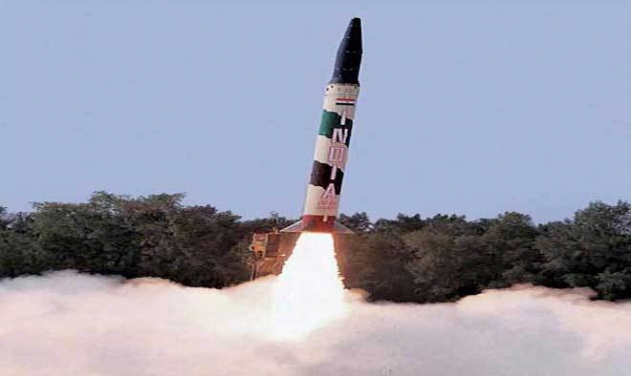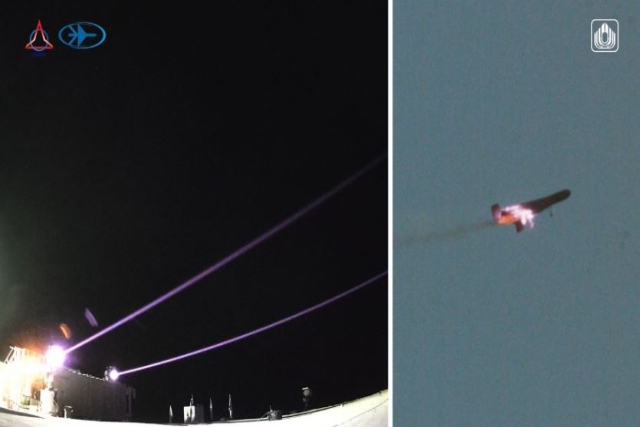India Tests 5000Km-Range Agni-5 Nuclear Capable Missile
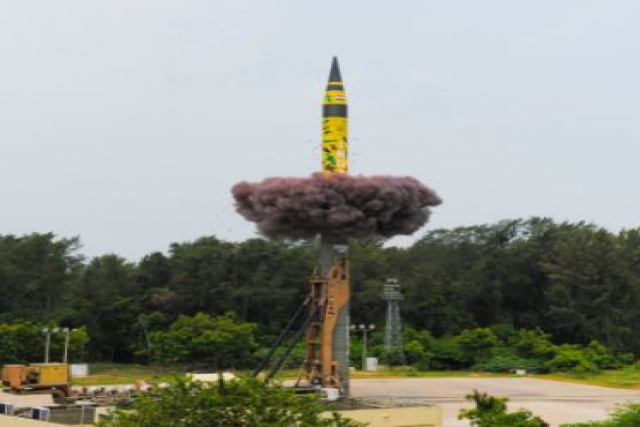
India tested the DRDO-developed Agni-5 nuclear-capable intercontinental ballistic missile (ICBM) on Wednesday.
“A successful launch of the Surface-to-Surface Ballistic Missile, Agni-5, was carried out on October 27, 2021 at approximately 1950 hrs from APJ Abdul Kalam Island, Odisha,” the Indian Ministry of Defence said in a statement.
The missile, which uses a three-stage solid fuelled engine, is capable of striking targets at ranges up to 5,000 km. It is transported by a truck and launched via a canister.
Agni-V is about 17m long, 2m wide and has launch weight of around 50 tonnes. The missile can carry a nuclear warhead of more than one tonne. It is the most advanced missile of the Agni series having some new technologies incorporated with it in terms of navigation and guidance, warhead and engine.
Message to China?
Agni-5 was designed primarily for enhancing India's nuclear deterrence against China. The longest range missile India had before its development was Agni-III, with a range of 3000–3500 km. This range was not sufficient to reach targets on the extreme eastern and northeastern region of China. Most of the important economic centers of China lay on its eastern seaboard.
The Agni-5 missile will allow India to strike targets across Asia and into Europe. The missile's range will allow the Indian military to target all of China from Agni-V bases, in central and southern India, further away from China.
The missile test comes on the day when India expressed concern regarding China’s passing of a new “Land Boundary Law” for the protection and exploitation of the country’s land border areas which will come into effect from January 1, 2022. The law states among other things that China abides by treaties concluded with or jointly acceded to by foreign countries on land boundary affairs. It also has provisions to carry out reorganisation of districts in the border areas.
Beijing can take measures “to strengthen border defence, support economic and social development as well as opening-up in border areas, improve public services and infrastructure in such areas, encourage and support people’s life and work there, and promote coordination between border defence and social, economic development in border areas”.
“China’s unilateral decision to bring about a legislation, which can have implication on our existing bilateral arrangements on border management as well as on the boundary question, is of concern to us. Such unilateral move will have no bearing on the arrangements that both sides have already reached earlier, whether it is on the boundary question or for maintaining peace and tranquillity along the LAC in India-China border areas,” the Union Ministry of External Affairs said in an official statement today.
“The passage of this new law does not in our view confer any legitimacy to the so-called China Pakistan ‘Boundary Agreement’ of 1963 which the government of India has consistently maintained is an illegal and invalid agreement,” the MEA said.
India said it expects China “will avoid undertaking action under the pretext of this law which could unilaterally alter the situation in the India-China border areas”.
While China’s new law does not directly indicate any aggressive measures, it does stipulate that the State can take unilateral measures to “strengthen border defence” and “support economic and social development” in border areas.

